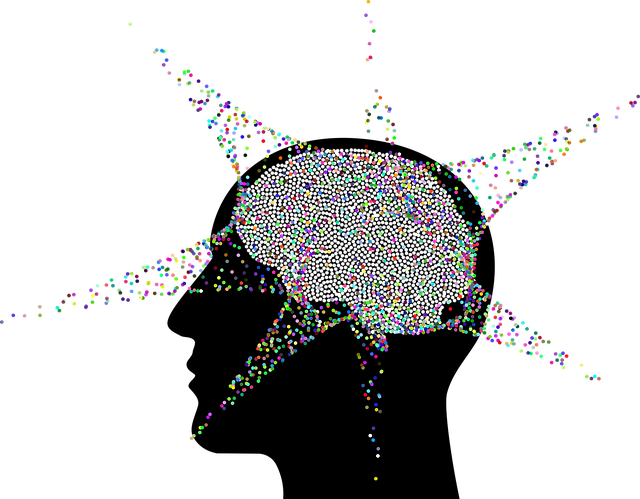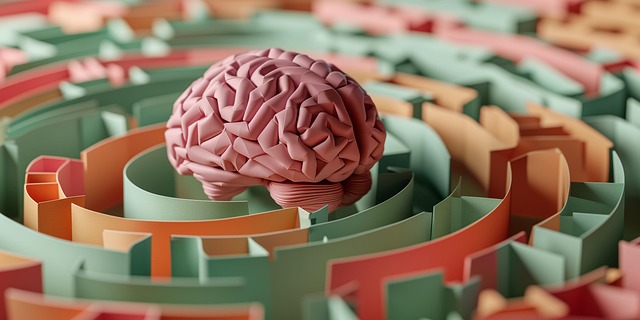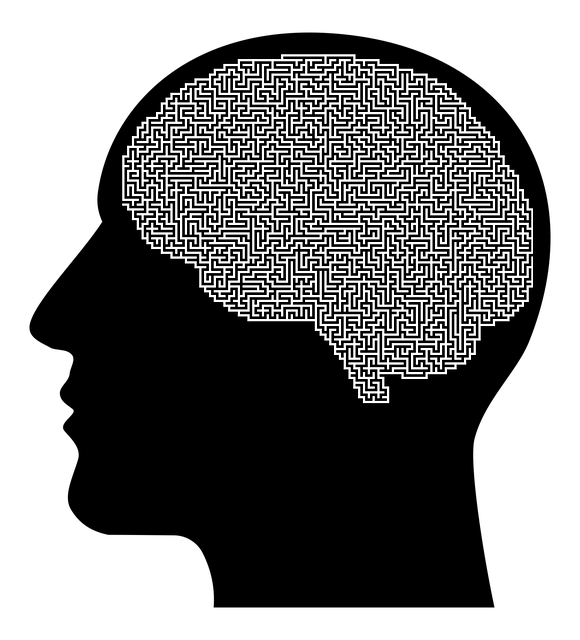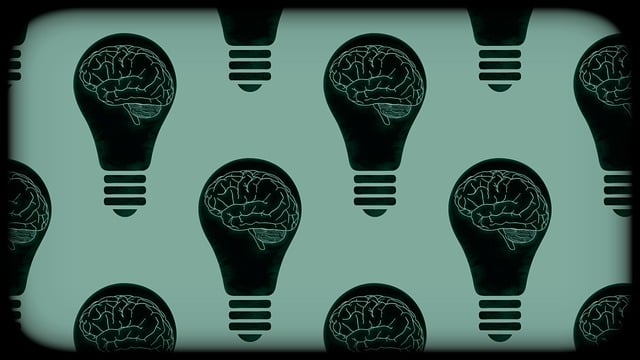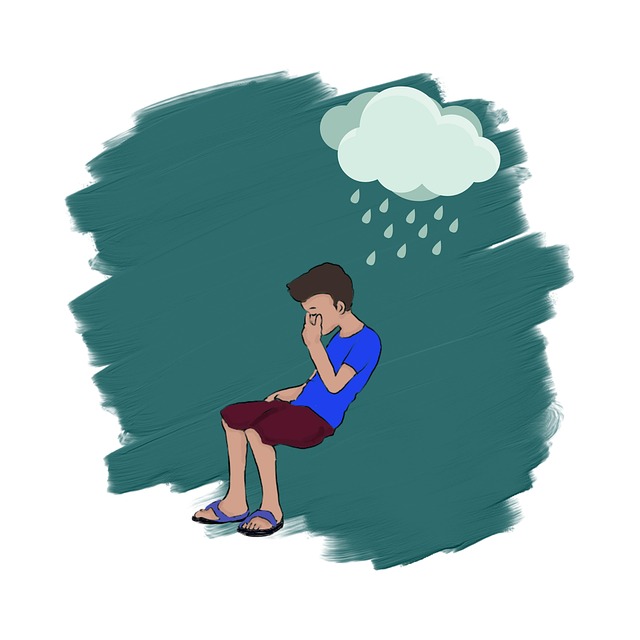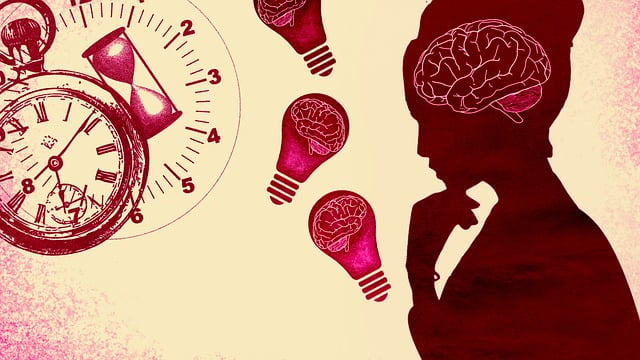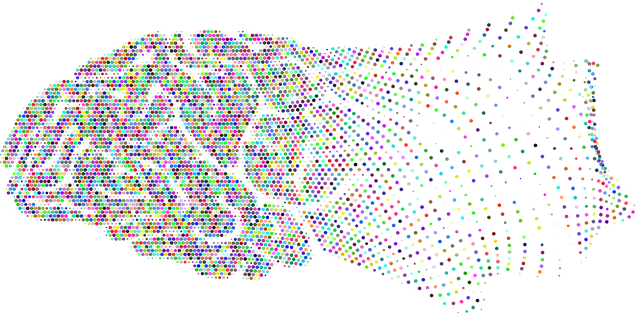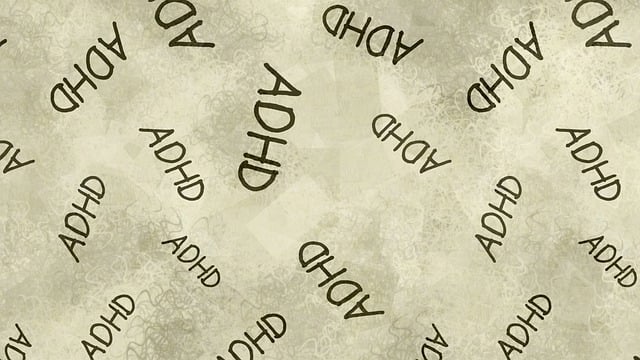The RFM therapeutic approach offers a holistic solution for young children with ADD/ADHD, addressing relational skills, functional behaviors, and mindfulness. This method goes beyond traditional therapy by fostering emotional intelligence through tailored evaluations, communication strategies, and compassion cultivation. Benefits include enhanced social interactions, improved academic performance, reduced behavioral issues, and developed resilience. Tracking progress through regular evaluations is crucial for successful RFM implementation, allowing practitioners to tailor interventions and set personalized goals. Celebrating success milestones maintains motivation and reduces mental illness stigma by demonstrating tangible progress.
“Unleashing a powerful tool for empowering young minds, this article explores the revolutionary approach of RFM (Resilience, Flexibility, and Motivation) in therapy for Young Children with ADD/ADHD. By understanding the core benefits of RFM, parents and caregivers can effectively prepare for its implementation. We’ll guide you through practical exercises to integrate into daily routines and provide a step-by-step process for tracking progress, ensuring successful evaluations and celebrating every triumph along the way.”
- Understanding RFM and its Benefits for Young Children with ADD/ADHD
- Preparing for Implementation: Essential Considerations for Parents and Caregivers
- Practical Resilience-Building Exercises for Daily Life
- Tracking Progress and Celebrating Success: Evaluating the Effectiveness of RFM
Understanding RFM and its Benefits for Young Children with ADD/ADHD

Understanding RFM (Relational, Functional, Mindful) and its Benefits for Young Children with ADD/ADHD
RFM is a therapeutic approach designed to help young children with Attention-Deficit/Hyperactivity Disorder (ADD/ADHD) by focusing on three key areas: relational skills, functional behaviors, and mindfulness. This holistic method goes beyond traditional therapy by incorporating communication strategies and compassion cultivation practices, fostering emotional intelligence in these young minds. By nurturing positive relationships, promoting adaptive behaviors, and teaching mindfulness techniques, RFM helps children with ADD/ADHD navigate their daily challenges more effectively.
The benefits of RFM are significant. It enhances social interactions, improves academic performance, and reduces behavioral issues often associated with ADD/ADHD. Through tailored evaluations and compassionate cultivation practices, children learn to manage impulsivity, improve focus, and develop self-awareness—all crucial components for building resilience. This approach not only supports their current needs but also equips them with lifelong skills to thrive in various environments, including school and home settings.
Preparing for Implementation: Essential Considerations for Parents and Caregivers

Preparing for the implementation of RFM (Resilience, Flexibility, and Mastery) exercises requires a thoughtful approach from parents and caregivers. Before introducing any new strategies, it’s crucial to consider the unique needs and challenges of each child, especially those with conditions like ADD-ADHD, which often require specialized therapy for young children. Evaluations by mental health professionals can be instrumental in tailoring these programs effectively.
This process involves assessing the child’s current emotional resilience, their ability to cope with stress and changes, and identifying areas where improvement is needed. Self-esteem improvement is a key focus; building confidence helps kids navigate unfamiliar situations and manage their moods more effectively. Additionally, risk management planning should be integrated into the preparation phase, ensuring that both parents and caregivers are equipped with tools to support the child’s mental health and well-being.
Practical Resilience-Building Exercises for Daily Life

Building resilience is an essential skill for navigating life’s challenges, especially for young children with conditions like ADD-ADHD. There are numerous practical exercises that can foster emotional intelligence and enhance coping mechanisms. One effective strategy is mindfulness meditation, which encourages kids to focus on the present moment, reducing anxiety and improving attention span. Simple breathing exercises, like deep inhales and exhales, can be incorporated into daily routines to help children manage stress.
Another powerful tool is empathy-building activities. Role-playing scenarios allow children to practice understanding and responding to others’ emotions, fostering a deeper sense of connection. Additionally, engaging in creative outlets such as art or music therapy provides an outlet for expression and can serve as effective stress reduction methods. These exercises not only improve emotional resilience but also support the overall well-being of young individuals.
Tracking Progress and Celebrating Success: Evaluating the Effectiveness of RFM

Tracking progress is a vital component of successful RFM implementation. By regularly evaluating a child’s response to therapy for young children with ADD-ADHD, practitioners can tailor interventions and ensure they are effective. This ongoing assessment allows for adjustments in strategies, pacing, and goals, fostering a more personalized approach to building resilience. Celebrating success milestones is an essential aspect of maintaining motivation and boosting confidence as the child progresses.
In terms of measuring effectiveness, RFM provides a framework to go beyond surface-level assessments. It encourages a deeper understanding of the child’s emotional responses, coping mechanisms, and overall mental wellness. Through structured evaluations, therapists can identify areas of improvement and pinpoint aspects that require further Trauma Support Services. This data is invaluable for Mental Illness Stigma Reduction Efforts, as it demonstrates tangible progress and can inspire hope in both the child and their support network. Regularly sharing these achievements through a Mental Wellness Podcast Series Production may also foster open dialogue and encourage others to seek similar interventions.
Implementing Resilient Focus and Motivation (RFM) through targeted exercises can significantly enhance the lives of young children with Attention Deficit Disorder/Hyperactivity Disorder (ADD/ADHD). By combining therapy with practical resilience-building activities, parents and caregivers can foster concentration, self-discipline, and emotional regulation. Regular evaluations using RFM assessments help track progress, ensuring that interventions remain tailored to each child’s unique needs. This comprehensive approach not only addresses symptoms but also empowers children with the skills to navigate challenges successfully, setting them up for improved outcomes in school, at home, and beyond. When integrated into daily routines, RFM exercises can revolutionize therapy, making it more accessible and effective for young minds.
